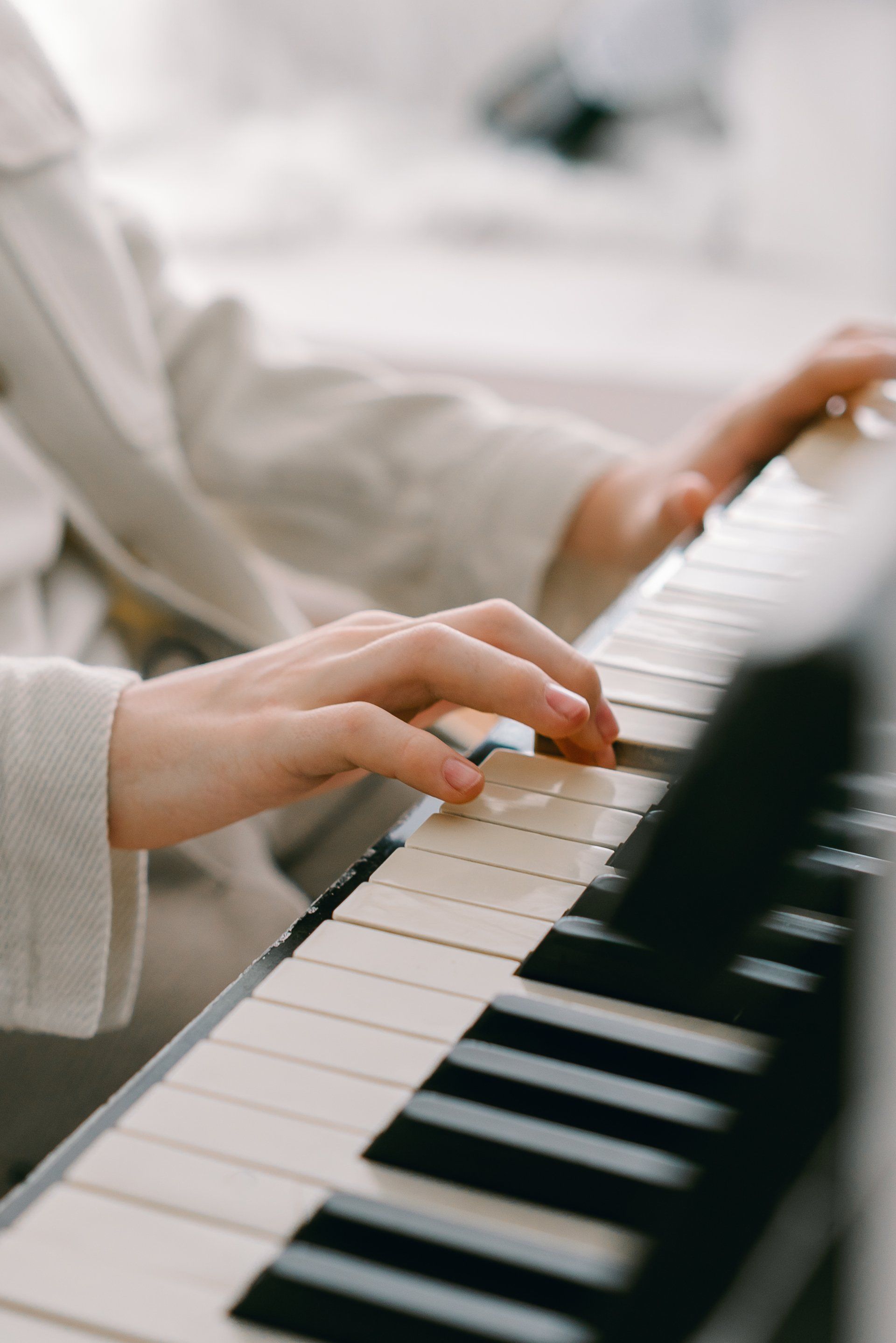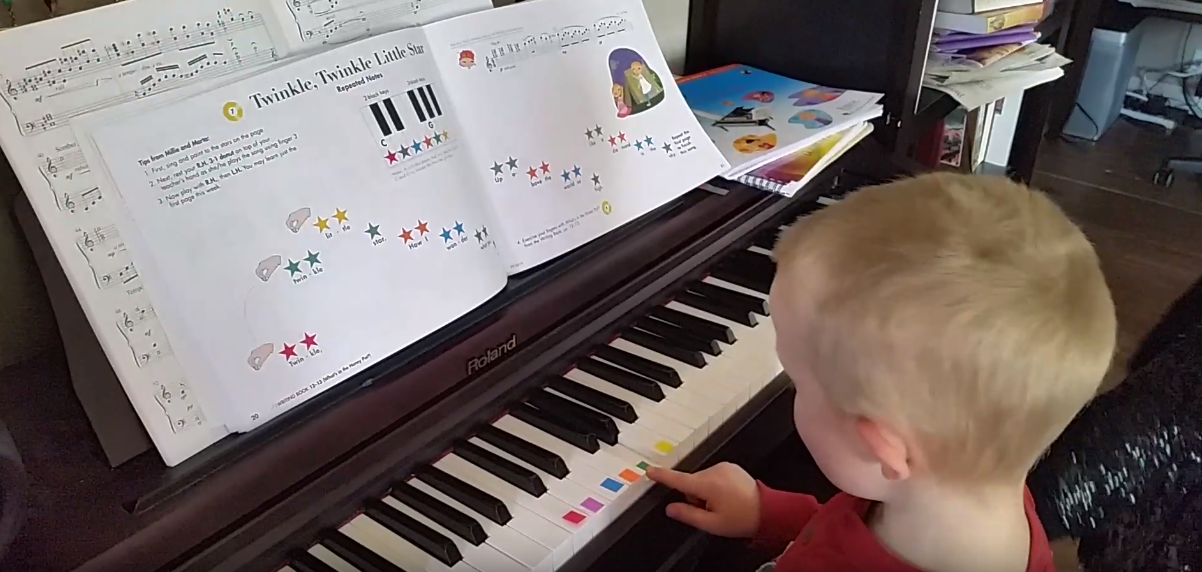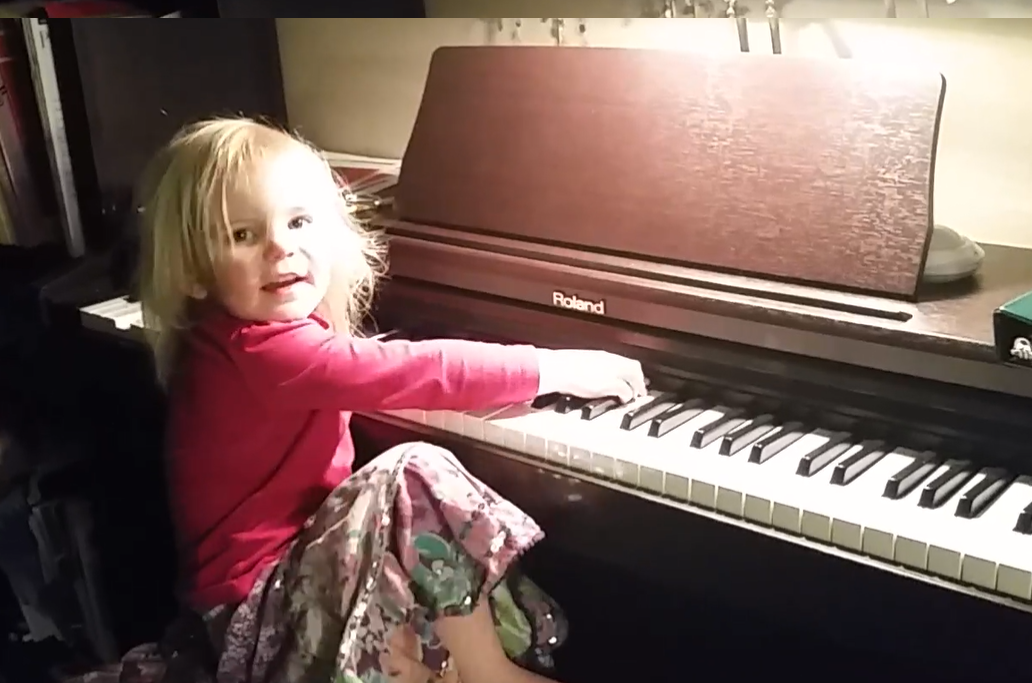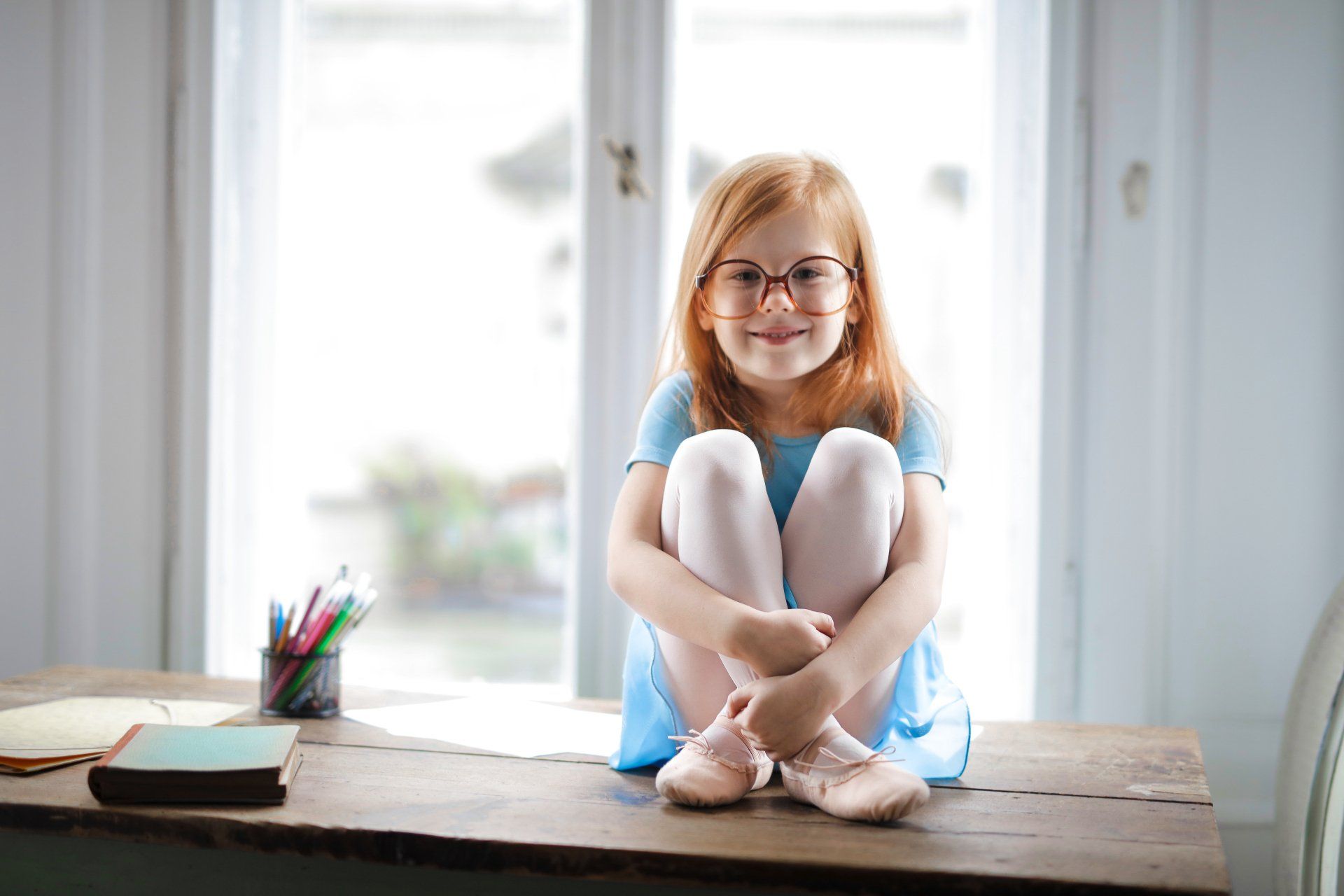Blog

As a child, I had my favorite songs from church that I would sing while running around the yard. It was fulfilling to finally be able to play it on the piano. Playing in Front of People A lot of people learn the piano because they want to play songs they hear at church.It’s one thing to master the song in the comfort of your private home, but it can be very daunting when playing in front of people! Especially at church, when we don’t want to make distracting, unpleasant accidents while people are trying to pray! Oh, my! But there are some things that can help us take those first steps. Most musicians prefer to be in a choir loft, which can feel like a “hiding place”. However, the confidence that comes with playing in front of people only comes with repetition. It’s easier to fill a role if there’s an established choir, other supporting musicians or an encouraging director/leader. The first time I played, it was just one song, and the regular organist said, “don’t worry, they will think it’s me playing”, then she gave me a smile and a dainty lily of the valley flower. Her name was Betty and to this day, she holds a precious part of my heart. Preparing a Plan I’m a Catholic musician so my experiences are mostly colored by the mass, but some general concepts are applicable across the board. A lot of church music is either written out as Chord Charts or Lead Sheets. My parish music supplier is OCP and they do a good job notating more complex accompaniment, but also provide the handy chords to make simple sightreading a breeze. This is a big reason why I have all my students learn scales and chords. In fact, I believe they are so crucial that I introduce them earlier than the average teacher. My basic plan is as follows: I have my very young students play a melody, and I will chord the harmony. Then, they can move on to short songs with easy melodies that keep their right hand in one place (the pentascale position), while doing simple chording in the left hand. After that, longer songs with verses are introduced and we eventually look at adding harmonies in the right hand and more complex patterns in the left hand. Eventually, the goal is for them to play the entire mass or service. Prayer for Musicians Even seasoned musicians get nervous on occasion. When I was in high school, my mother gave me a beautiful prayer with a picture of Saint Cecilia (the patron Saint of musicians). I keep it on the organ at the church. It’s still there today. This is a common practice. I’m not the only one who does this. One of the churches I play at had this prayer on the organ: “God, please bless my music That is might glorify your name, May using it to serve you Always by my aim. Let it be a witness To your majesty and love, And remind us that you’re watching From your throne above. May others see your beauty In every note they hear, And when they hear my music May the feel your presence near. Oh Lord, I ask for guidance In everything I do, And pray you’ll make my music An instrument for you.” Amen Most Common Side Job for Young Piano Players You don’t have to be a master composer or concert-level genius to give back to God. All it takes is a desire, determination, a bit a practice and a little plan. Many churches are looking to welcome new musicians. You don’t even have to be the Director or carry other roles. Sometimes it is a great bridge for students to go from practice to performance; from paying money for lessons to earning money for a service. Since most masses or church events are on the weekend, it’s very manageable for a busy student (or adult) to fit it into their schedules. New Paragraph

Practice Tips! It always seems to have the power to perk the ears of any musician or parent. Through my own experience, and years of collecting different ideas, I will share some of the most helpful advice when it comes to practicing. Common Blocks For Students Attention spans change with age, but for the most part the common reality is that practice needs to be engaging. Knowing the preferred learning method for a student is helpful, but a good rule of thumb is to change it up a little. Play on a different piano, “tap practice” on the table or in the car, make up a story for the song, are just a few suggestions. Another block I see students struggle with is going too fast (which we often do whenever we are stressed or nervous, even as adults)! We have an adage “play slow, learn fast” and I encourage my students to store this deep in their memory. The last major block I will mention here is doing too much. Playing the whole song beginning to end over and over is often too much and will just solidify sloppy passages. Practice needs to be approached by breaking a song into bite-size pieces and parts. I recommend addressing the hardest/toughest part first. Practice Makes Perfect Have you ever heard this? Is sounds nice, but it’s only partially true. Practice only makes perfect if you practice perfectly. I can tell if a student hasn’t practiced. I can also tell if a student has practiced but did so incorrectly. Playing a song over and over doesn’t automatically make it good. Simply, it reinforces whatever was practiced. Therefore, practice makes permanent. Approach and play a song correctly and it will sound great! Important Tips for Parents Don’t use piano practice as a punishment. If possible, provide a quiet place for your child to practice and encourage your child to practice at the same time every day to establish a routine. The home piano should be fully functioning, contains all 88 keys, and in tune. Consider offering a fun challenge where you reward “x” amount of hours practiced with a special treat or prize. Finally, be engaged with what they are playing. For example, let them know what your favorite song is (it will probably become their favorite, too!) Never Miss More than One Day in a Row Improvement and growth are most prevalent when it’s a lifestyle. And the habit of daily practice reaps the most benefits. Think of how much time athletes spend practicing their sport every day. Now imagine this was adopted by piano students! Missing one day isn’t going to derail the practice train, but missing two days can easily turn into a week passing without any practice. Free Resources Check out the free resources under “Lessons” for more information.

We live in a very consumer-driven society. We are all so busy that we tend toward simply purchasing a gift that was made by someone else, in the cheapest way possible (usually by people living in poor conditions in China). Many times this gift ends up being a “thing” that the recipient doesn’t even know what to do with a few years down the line, looses value in time and might even end up in a landfill. Inexpensive “Eco-Friendly” Option for Gift Giving With inflation going higher and higher, we are always looking for more economical alternatives. Unfortunately most of our readily available options are items that have too much packaging or ultimately end up as “junk”. Making a gift of music would be free from those issues. Better for the environment, better for you budget, and potentially better for your community (wouldn’t it be fantastic if your endeavors turned into a business venture?!) Personalized and Unique Whether it’s a simple recording off of a phone, or a planned out piece recorded at a production studio. Whether it’s a short song penned out on paper, or a professional-looking composition with proper notation. It all works because it has your “mark” on it. The beauty in such a creative gift is that you can be as expressive, colorful and imaginative as you want! Although, admittedly, sometimes the “no-limits” picture leaves us feeling directionless. That’s why it’s always good to start small and remember the underlying trick to it all is to constantly be creating ! Not everything you compose or play will be a “winner”. You have to do the work to find it. Timeless and Precious Legacy for Loved Ones One of my grandmas was a musician. I hear stories about how good she was. Oh, how I wish there was a recording of her singing something, playing a March on the piano or a hymn on the organ at the Cathedral. I honestly don’t even care if it sounded “amazing” or not, it would just be nice to have that connection. This thought came to me as I was singing a simple prayer I composed for one of my babies. I need to record this! Then they can remember it and sing it to their babies! It is the precious little moments like this that I hold most dear. Getting the children involved. The idea came full force to me during the Great Covid shutdowns of 2020 into 2022. For the last 30 years, I only have one surviving grandparent and we weren’t allowed to see her. So, as a Christmas gift I had each of children practice a song that would be recorded (each month) and we shared it with her. Some of them were videos but most of them were simple audio recordings on my phone. Recently, we revisited these recordings. It was endearing for me to see younger versions of the kids, and the kids themselves were so “tickled” by how different they sounded back then! These types of gifts turn into precious treasures with age.

Music education is a transformative journey that shapes a child's artistic, intellectual, emotional, and social development. Building lessons around each child's unique needs and personality recognizes the significance of following the child, valuing their unique interests, strengths, and learning styles. By embracing this approach we can create an environment that fosters the holistic growth of each child, empowering them to reach their full potential.

In a world of ever-evolving technological advancements and fast-paced lifestyles, it's important to nurture our children's overall development. While there are numerous extracurricular activities to choose from, learning to play the piano stands out as a timeless and invaluable pursuit. The piano is not just a musical instrument; it's a gateway to a multitude of benefits that can positively impact a child's cognitive, emotional, and social development. Let's explore why every child should have the opportunity to learn the piano. Cognitive Development Playing the piano requires the brain to engage in complex tasks simultaneously, stimulating cognitive development in children. The act of reading sheet music, coordinating both hands independently, and interpreting musical symbols enhances their ability to multitask and improves their hand-eye coordination. Research has shown that children who learn the piano exhibit better spatial-temporal skills, mathematical abilities, and enhanced problem-solving capabilities. These skills extend beyond the realm of music and contribute to success in other academic areas as well. Emotional Expression and Creativity The piano provides an outlet for children to express their emotions and unleash their creativity. As they learn to interpret and convey different moods through music, they develop a heightened sense of emotional intelligence. The act of playing the piano can be therapeutic, offering children a means to cope with stress, anxiety, and other emotional challenges. It becomes a medium through which they can communicate their feelings, fostering self-awareness, and facilitating emotional well-being. Discipline and Perseverance Learning to play the piano requires discipline, dedication, and perseverance. Regular practice sessions instill a sense of routine and structure, teaching children the value of consistency and hard work. As they set goals and strive to master new pieces, they learn to embrace challenges and persist in the face of setbacks. These qualities translate into other areas of their lives, promoting a strong work ethic, patience, and a growth mindset that will benefit them throughout their academic and professional journeys. Social and Performance Skills Playing the piano also opens doors to social interactions and performance opportunities. Children who take piano lessons often have the chance to participate in recitals, ensemble performances, or even collaborate with other musicians. These experiences foster teamwork, cooperation, and the ability to appreciate and support the talents of others. Additionally, performing in front of an audience builds confidence, self-assurance, and public speaking skills—an invaluable asset in various facets of life. Lifelong Love of Music Learning the piano introduces children to the vast world of music, cultivating a lifelong appreciation for this art form. Through exposure to different musical genres and composers, they develop a refined taste and a broader cultural perspective. Moreover, playing an instrument allows children to actively engage with music, enhancing their listening skills and deepening their understanding of rhythm, melody, and harmony. This connection to music can be enjoyed and cherished for a lifetime, bringing joy, relaxation, and enrichment to their lives. In a society that often prioritizes technological skills and academic achievements, learning to play the piano offers a well-rounded and holistic education for children. Beyond the technical and musical skills they acquire, piano lessons foster cognitive development, emotional expression, discipline, and social growth. By immersing themselves in the world of music, children gain a lifelong appreciation for this art form and the ability to express themselves creatively. So let us encourage our children to embrace the piano, for it holds the key to unlocking a harmonious future filled with personal growth, cultural enrichment, and endless possibilities.


